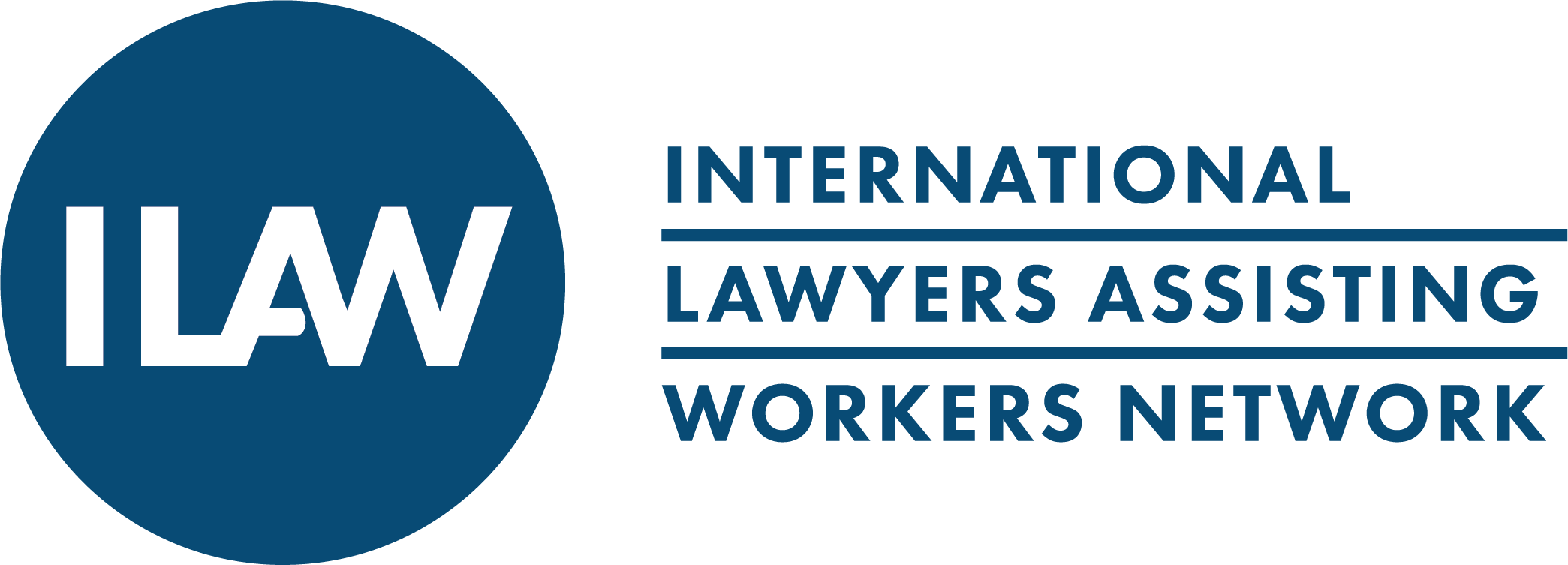“The United States has banned the importation of goods made with forced labor since 1930. Until recently, however, this law—Section 307 of the US Tariff Act of 1930—was rarely applied, …
Jennifer Gordon
Refugees and decent work: Lessons learned from recent refugee jobs compacts
The paper “addresses refugee livelihoods – in particular, waged work for refugees – from a labour standards perspective. This is in contrast to the usual approach to refugee livelihoods, in …
Regulating the Human Supply Chain
Iowa Law Review, Vol. 102, 2017 Fordham Law Legal Studies Research Paper No. 2914424 U.S. employers’ recruitment of migrant workers from abroad has created a global “human supply chain” that is …
Regulating the Human Supply Chain
The Article highlights a stark governance deficit with regard to human supply chains, analyzing the causes and harmful effects of an effectively unregulated world market for human labor. This paper …
Global Labor Recruitment in Supply Chain Context
The paper examines the market structure of international labour recruitment, how it works and why regulations fail. It then argues for a joint liability approach to regulating recruitment, examining government led approaches in …
Transnational Labor Citizenship
Gordon offers “transnational labor citizenship” as a means to break down barriers of national citizenship between domestic and migrant workers. Her article asserts that political participation, in the age of …
Transnational Labor Citizenship
Southern California Law Review, Vol. 80, p. 503, 2007 This article discusses a new approach to regulating cross-border labor migration, through what Gordon calls “transnational labor citizenship.” Under this model, …

International Lawyers Assisting Workers Network
c/o Solidarity Center
1130 Connecticut Ave, NW 8th Floor
Washington DC, 20036
